There's an image that often accompanies Aitor Sáez. It's that of a race. With words, information, contacts, preparing a trip to Bogotá before disappearing for a few days. It's an example of how it's possible to do journalism in a complicated time for the profession and the historical context, full of contamination and security problems.The country that remains in your memory after reading this book is a different one. (EL PAÍS)
It’s rare to find climate reporting this embedded, this fearless, and this alive with complexity. Sáez reveals how water access is a lucrative business, exposing both official corruption and the involvement of organized crime.Written with a distinctive voice and narrative flair, at times Sáez’s work reads like a novel. This is extremely thorough journalism, and the payoff is extraordinary. (judges of Covering Climate Now, 2025)
A young, intrepid, passionate, and committed journalist could be some of the adjectives that describe Aitor Sáez. At 27, Sáez has been recognized for his commendable work covering various events in Latin America, such as the death of Fidel Castro, natural disasters, harassment in the favelas of Brazil, and the situation in Venezuela, as well as the refugee crisis in their diaspora across Europe, all of them focused with rigor and sensitivity on human suffering. (Asociación Prensa de Madrid, 2017)
Feature of an uncertain peace.
Colombia survives
Human stories on the ground to portray the half century conflict and peace process.
June 2018. Editorial: Círculo de Tiza
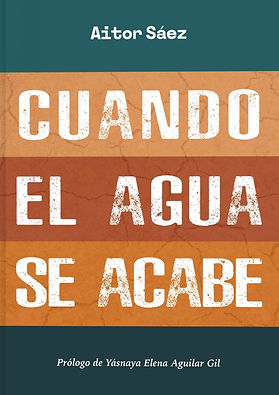
When the water runs out
About the water conflict in Mexico, the cartels war, corruption and resistance.
December 2024, Bajo Tierra Ediciones
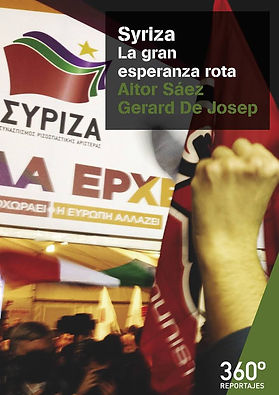
Syriza, the great broken hope
The rise and fall of the leftist politics in Greece and its impact in Europe.
March 2016, Editorial UOC


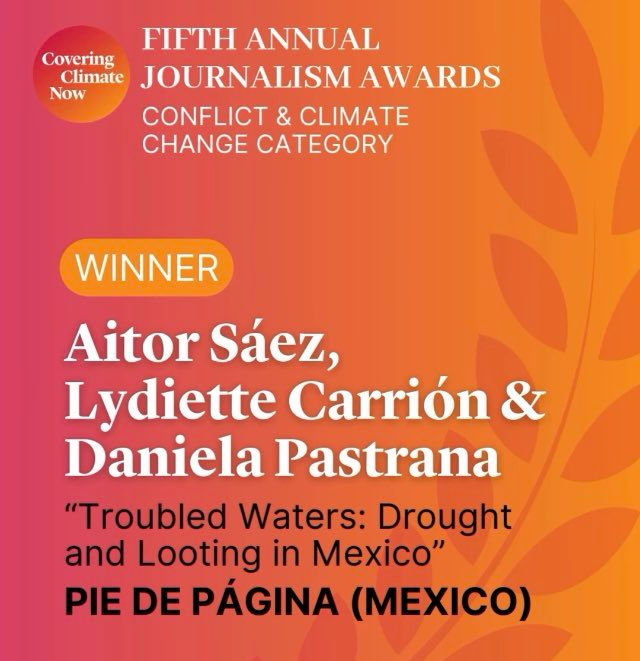




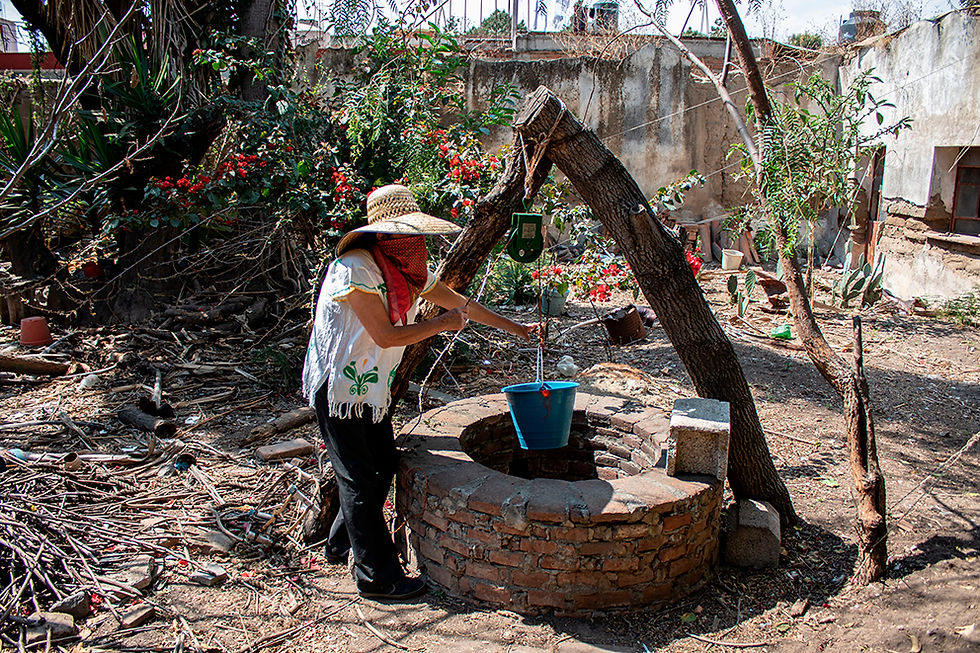

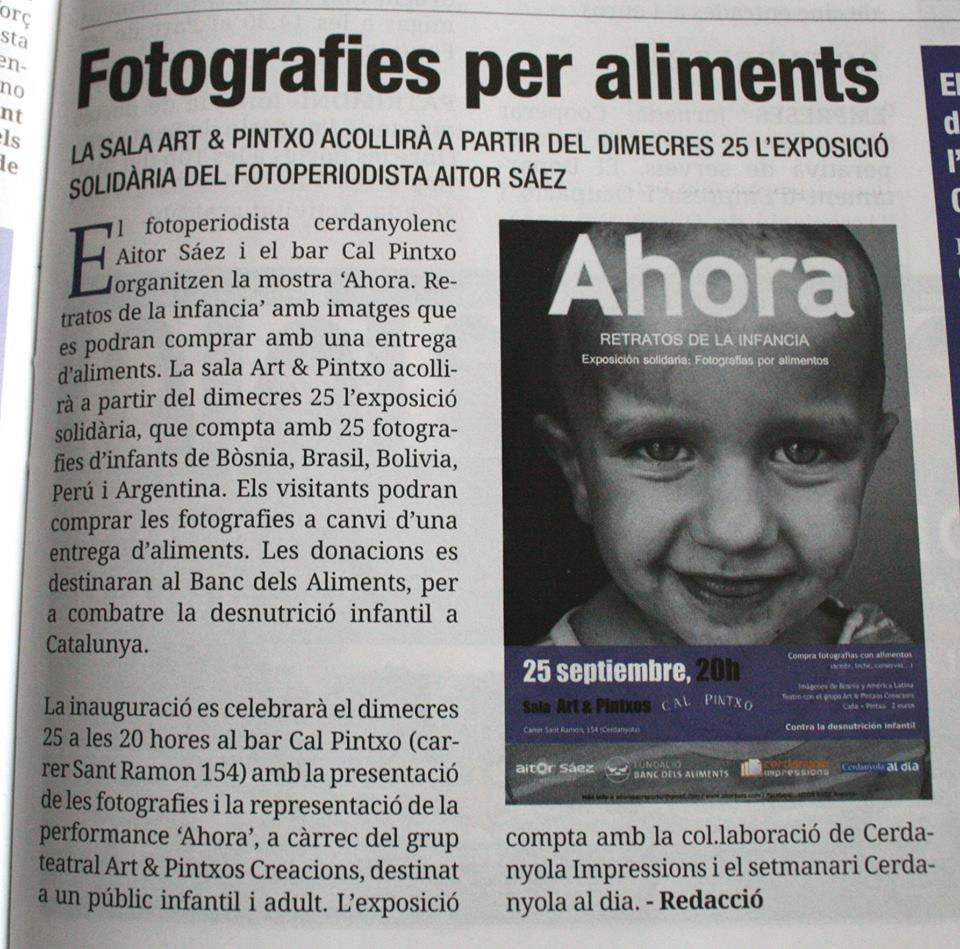
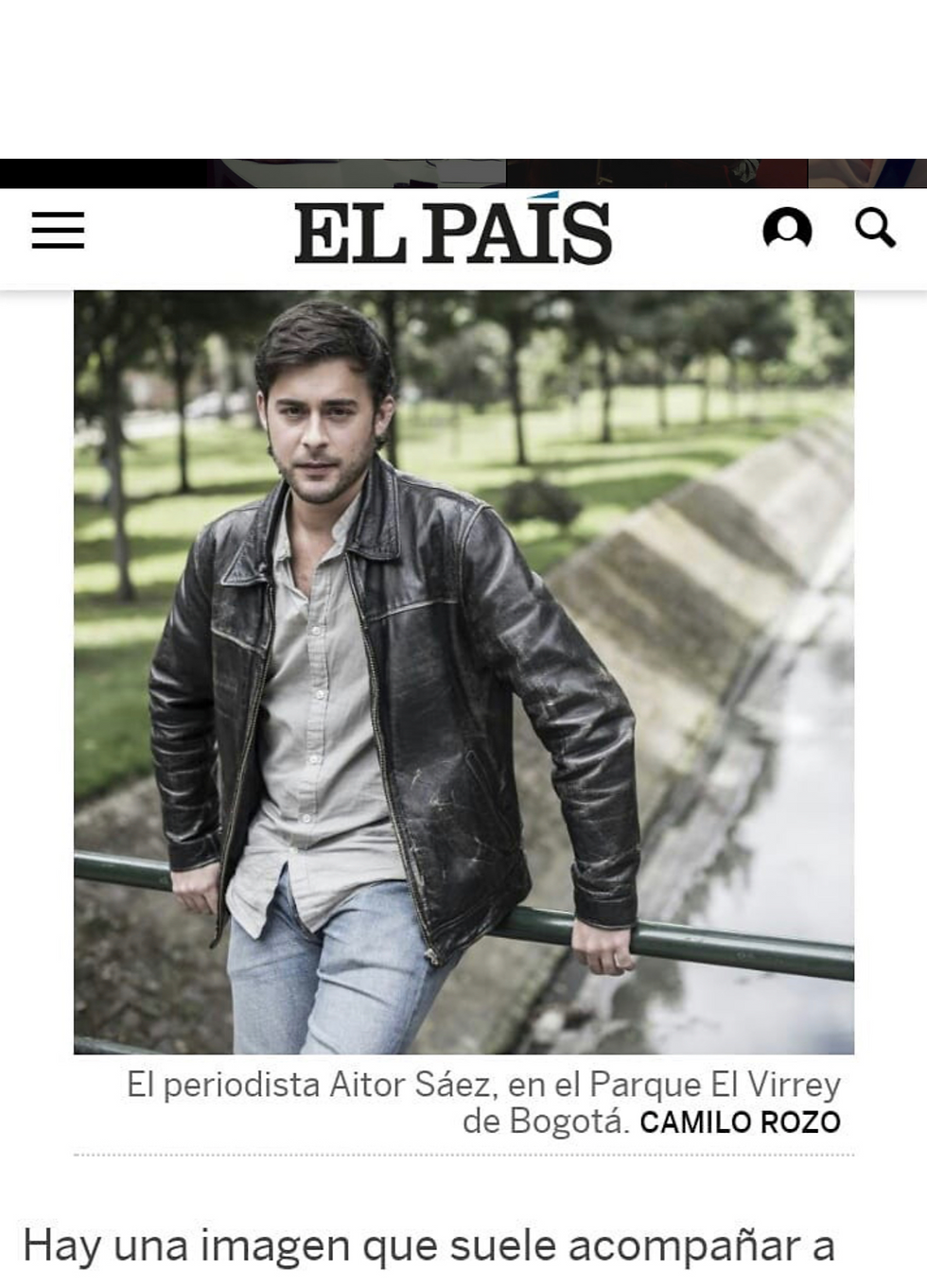

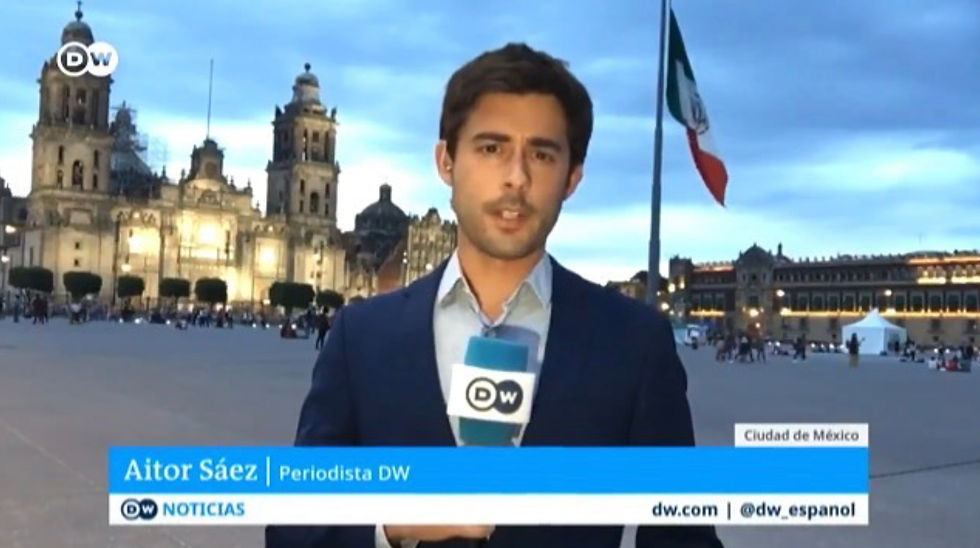

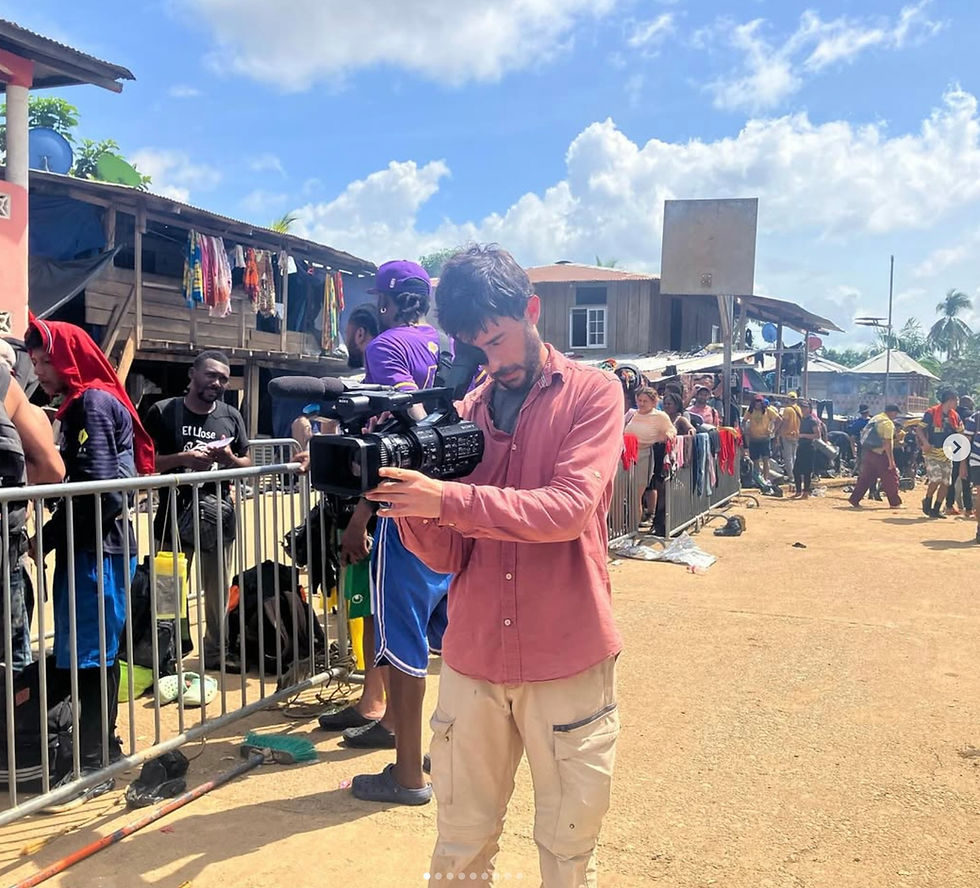




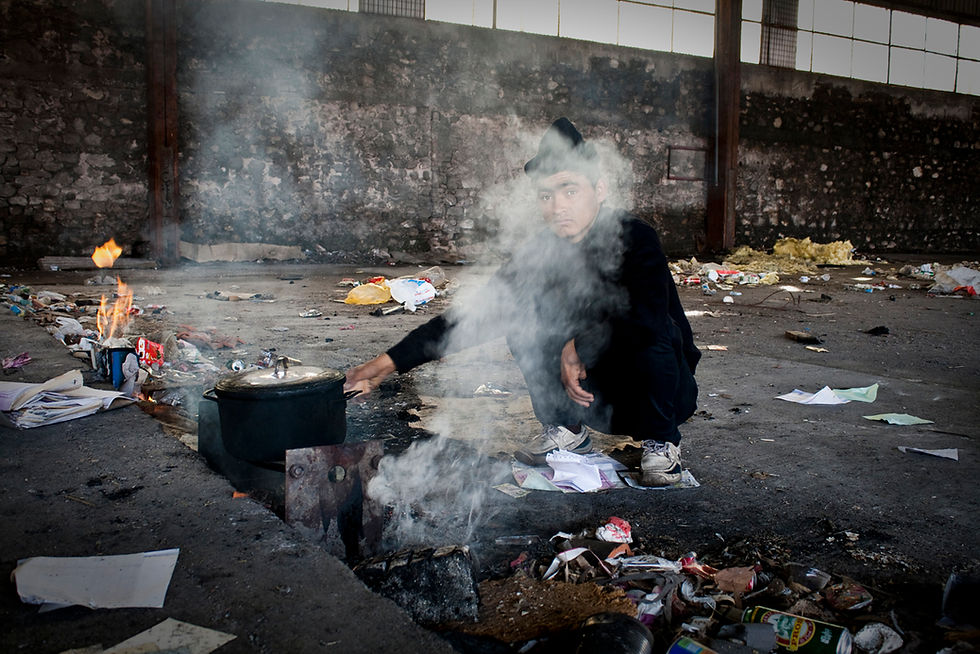


© AITOR SÁEZ Reporter / Tel.:+34-680 57 90 92 / aitorsaezreporter@gmail.com




































